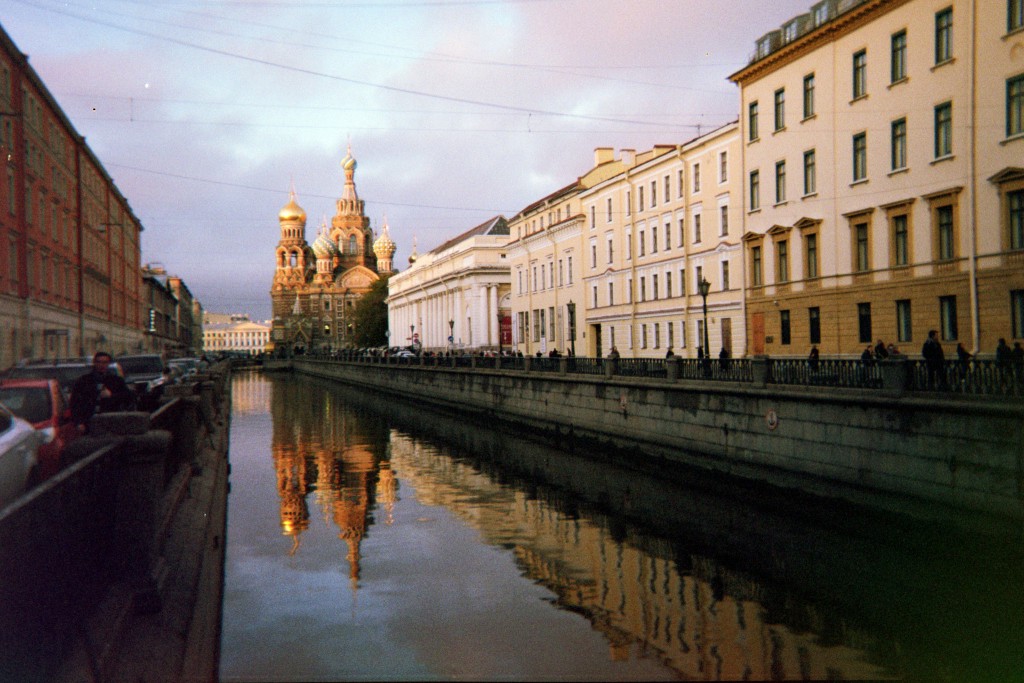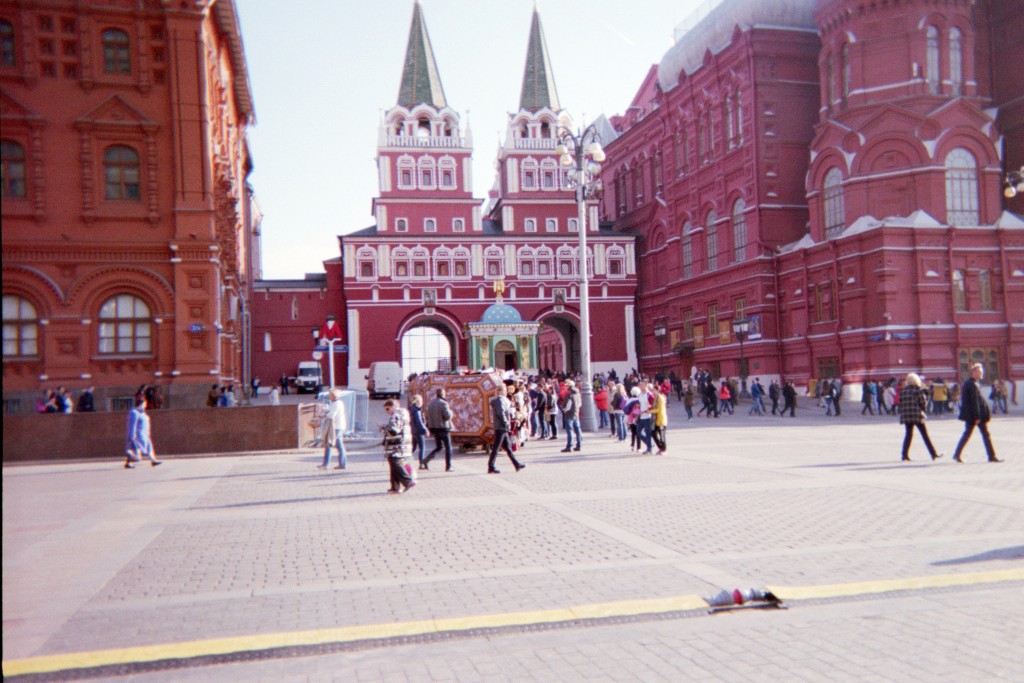
Fyodor Lukyanov is editor-in-chief of Russia in Global Affairs, chairman of the Presidium of the Council on Foreign and Defense Policy, and research director of the Valdai International Discussion Club.
Originally Published at Carnegie Moscow Center, 2/26/21, as part of the “Relaunching U.S.-Russia Dialogue on Global Challenges: The Role of the Next Generation” project, implemented in cooperation with the U.S. Embassy to Russia. The opinions, findings, and conclusions stated herein are those of the author and do not necessarily reflect those of the U.S. Embassy to Russia
….The evolution of EU-Russia relations from the hopeful dawn of the early 1990s to the despairing sunset of the 2010s is one of the most revealing episodes in the history of the post-Cold War global transformation. Ever since the idea of a formalized community consisting of Europe and Russia lost its relevance (no practical steps have been taken to that end since the late 2000s), the relationship’s original principles have been meaningless.
The attempt at institutional partnership represented the culmination of about 200 years of efforts by a school of thought in Russia to Westernize the country. For the first time, the Westernizers saw an opportunity to qualitatively change the nature of Russia’s relations with the West.
That opportunity turned out to be a treacherous one. Russia’s Westernizers never intended for their country to formally submit to Europe’s rules and regulations, even as they pushed for modernization, active cooperation with Europe, and emulation of its ways. Yet that was precisely what Europe asked of Russia after 1992.
Europe’s experiment with its transformation into a politically consolidated subject, one projecting its normative framework outward, presupposed hierarchical relations between the EU and its direct neighbors. From the start, Russia was expected to not only cooperate with the EU, but also develop joint institutions. In its relations with Russia, Europe countenanced no retreat from its insistence on rule transfer.
Had Moscow resolved to become part of this “wider Europe,” the concessions it was expected to make would have been justified. But Russia’s Westernizers failed to persuade the country of the merits of qualitatively limiting its own sovereignty for the sake of following the European model….
Read the full article here.

